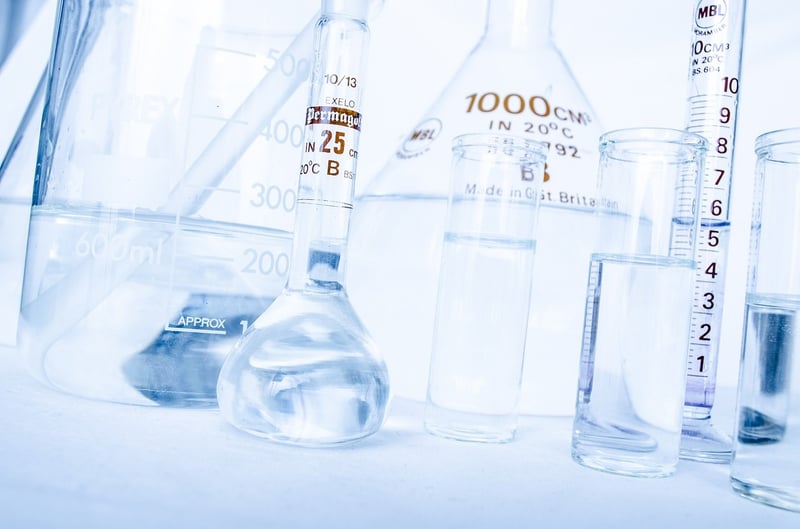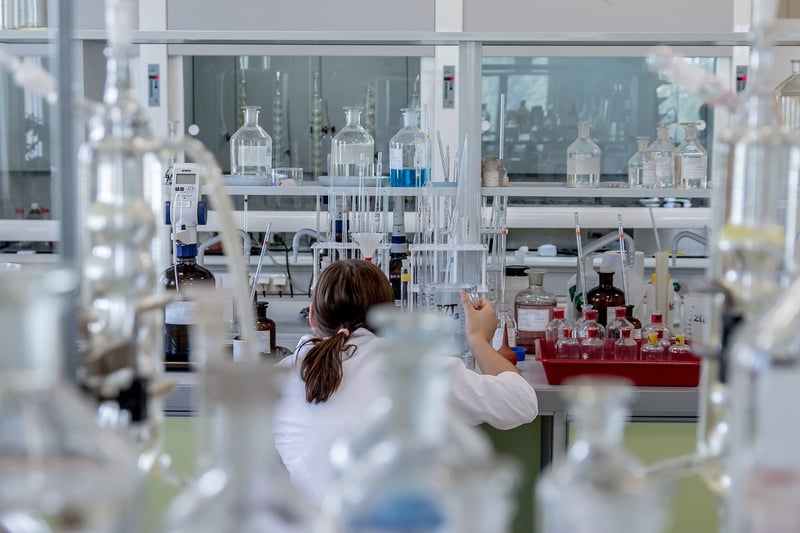Culinary Chemistry
Exploring the Science Behind Food: Culinary Chemistry
Culinary chemistry combines the art of cooking with the science of chemistry to understand the chemical reactions that occur during food preparation and cooking. It delves into the molecular structure of ingredients, the changes they undergo when exposed to heat or other cooking methods, and how these transformations impact the taste, texture, and overall quality of the final dish.
The Role of Chemistry in Cooking
Chemistry plays a crucial role in every aspect of cooking, from the caramelization of sugars to the emulsification of fats and liquids. Understanding the chemical processes at work in the kitchen can help chefs and home cooks alike improve their culinary skills and create more delicious and visually appealing dishes.
Key Concepts in Culinary Chemistry
- Maillard Reaction: This chemical reaction occurs when proteins and sugars are exposed to heat, resulting in the browning of food and the development of complex flavors.
- Emulsions: Emulsions are mixtures of two or more liquids that are normally immiscible, such as oil and water. Understanding how to create and stabilize emulsions is essential in making sauces and dressings.
- Gelatinization: This process involves the swelling of starch granules in the presence of water and heat, leading to the thickening of sauces and the setting of gels.
- Fermentation: Fermentation is a chemical process in which microorganisms convert sugars into acids, gases, or alcohol. It is responsible for the tangy flavor of foods like yogurt, cheese, and sourdough bread.
Experimenting in the Kitchen
By understanding the principles of culinary chemistry, aspiring chefs can experiment with different techniques and ingredients to create innovative dishes. From sous vide cooking to molecular gastronomy, there are endless possibilities to explore in the realm of food science.
Resources for Learning More
If you're interested in delving deeper into the world of culinary chemistry, there are several resources available to help you expand your knowledge:
- Science of Cooking - A website dedicated to exploring the science behind food and cooking techniques.
- Cook's Illustrated - A magazine that provides in-depth explanations of cooking processes and recipes.
- On Food and Cooking: The Science and Lore of the Kitchen - A book by Harold McGee that delves into the scientific principles of cooking.
Conclusion
Culinary chemistry offers a fascinating glimpse into the inner workings of the kitchen, showcasing how science and creativity come together to produce delectable dishes. Whether you're a seasoned chef or a curious food enthusiast, exploring the science behind food can enhance your culinary experience and inspire you to push the boundaries of traditional cooking.

